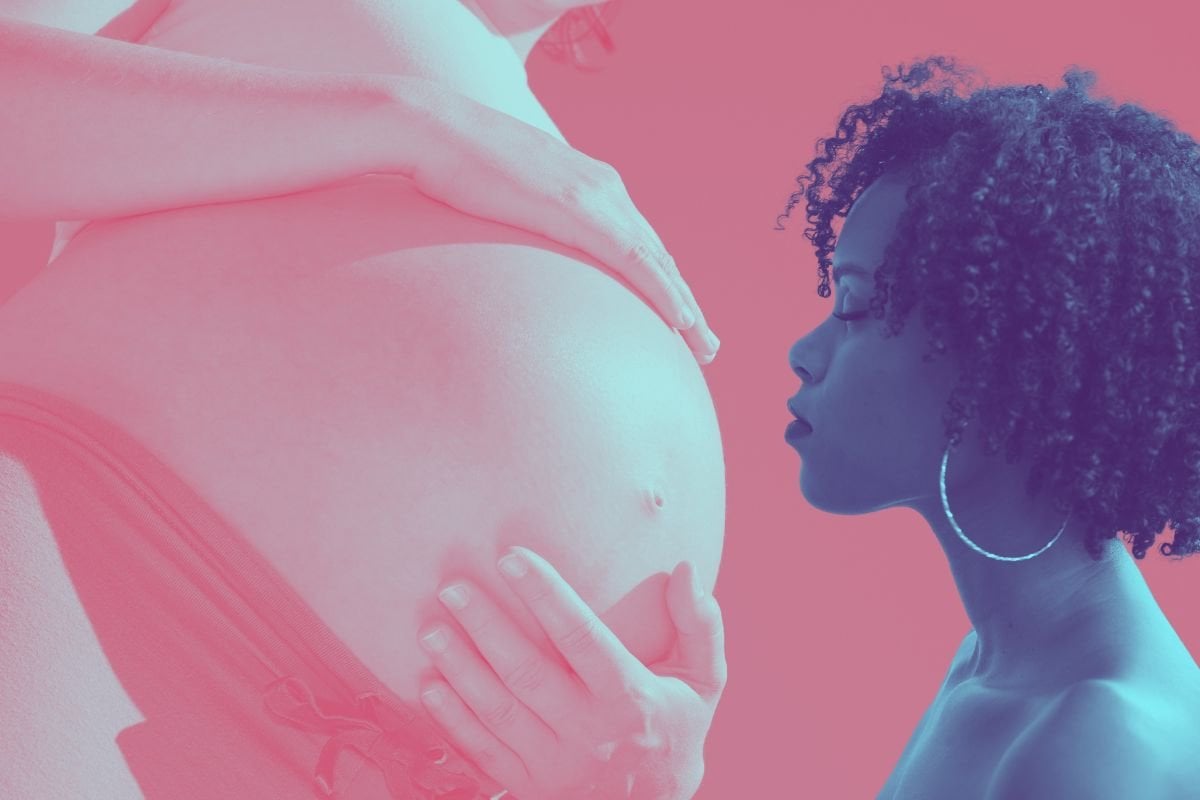
Dr Sarah McKay is a neuroscientist and author of Baby Brain: The surprising neuroscience of how pregnancy and motherhood sculpt our brains and change our minds (for the better), out now with Hachette.
Around 85 per cent of women become mothers.
And most would agree that pregnancy and parenthood profoundly change us physically, psychologically, socially, and spiritually. Neuroscientists now believe becoming a mother is a significant neurological transition too.
Once considered a mumsy, irrelevant niche, the past decade has seen the emergence of the field of maternal brain research driven mainly by scientists who are also mothers. Their research reveals fascinating and meaningful information about the upside of so-called ‘baby brain’.
During pregnancy women’s brains undergo remarkable reorganisation in neural networks devoted to social cognition, empathy and theory of mind – thinking about what other people are thinking, feeling and what they might need.
The extreme hormonal changes of pregnancy trigger brain plasticity, propelling our brains into a state of heightened sensitivity to learn new skills and tune into social cues. Pregnancy, neuroscience has shown, prepares our minds for impending parenthood.
Here are seven findings from the field of maternal brain research that may change your mind about ‘baby brain’.
1. Pregnancy sculpts human brain structures to tune into infant social cues.
Human babies are born with a biological mandate to be loved and comforted. Crying is one of their most powerful communication tools. The other tool is their cute wee face.




























































































